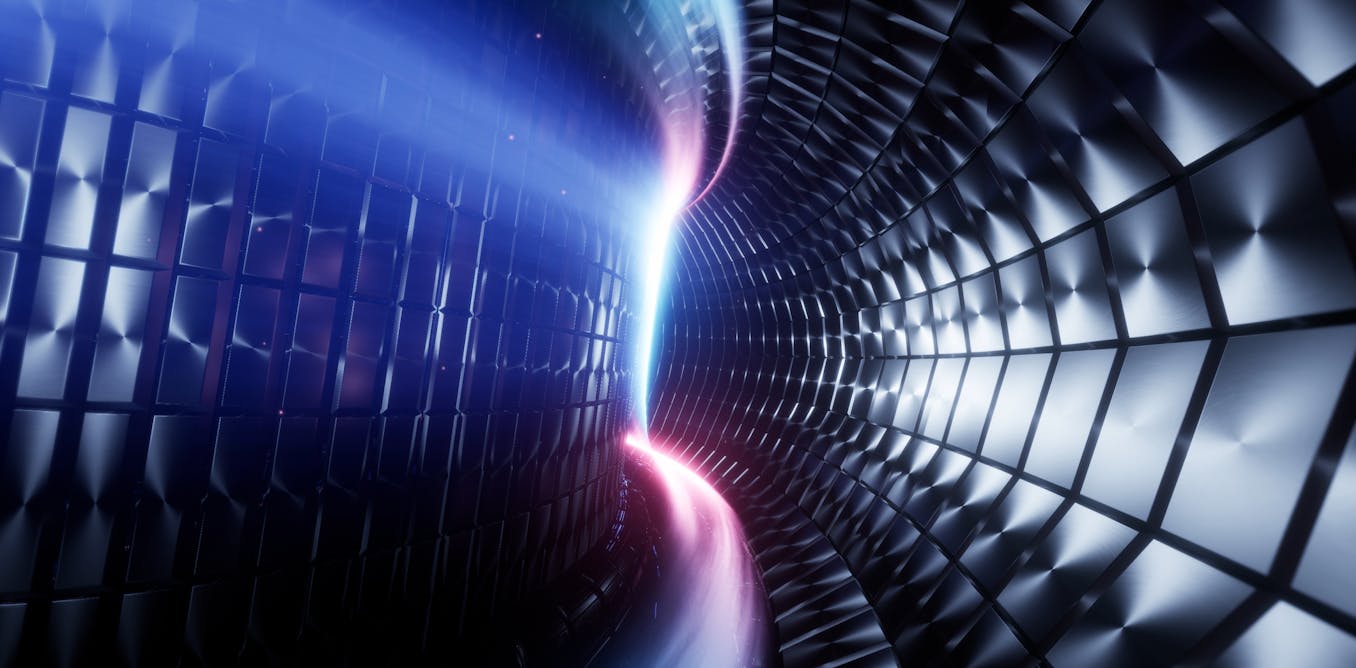nuclear power produces long-lived radioactive waste, which needs to be stored securely. Nuclear fuels, such as the element uranium (which needs to be mined), are finite, so the technology is not considered renewable. Renewable sources of energy, such as solar and wind power suffer from “intermittency”, meaning they do not consistently produce energy at all hours of the day.
fusion technologies have yet to produce sustained net energy output (more energy than is put in to run the reactor), let alone produce energy at the scale required to meet the growing demands of AI. Fusion will require many more technological developments before it can fulfil its promise of delivering power to the grid.



The best way I have heard it described is that Fusion is going to happen next year but probably not in the next 12 months.
We think Fusion must be coming soon because we understand all of the fundamental principles around how it works, so what we need to do is put those principles into practice. For some reason though that doesn’t quite work what we end up with is a machine that makes a lot of noise but doesn’t really achieve anything
That’s been the history of tokamaks because they’re dealing with an inherently unstable situation. It’s like balancing a ball on another ball, saying “yep ok I’ve figured that out”, scaling it up and discovering that between those two balls were actually five other that now that the system is bigger have quite a relevant impact.
Contrast with stellerators, which are more like balancing a ball in a bowl. Long considered impossible because the magnetic field just has a too complex geometry the Max Planck institute proved that they work as the theory says, and they’re currently working on commercialisation.